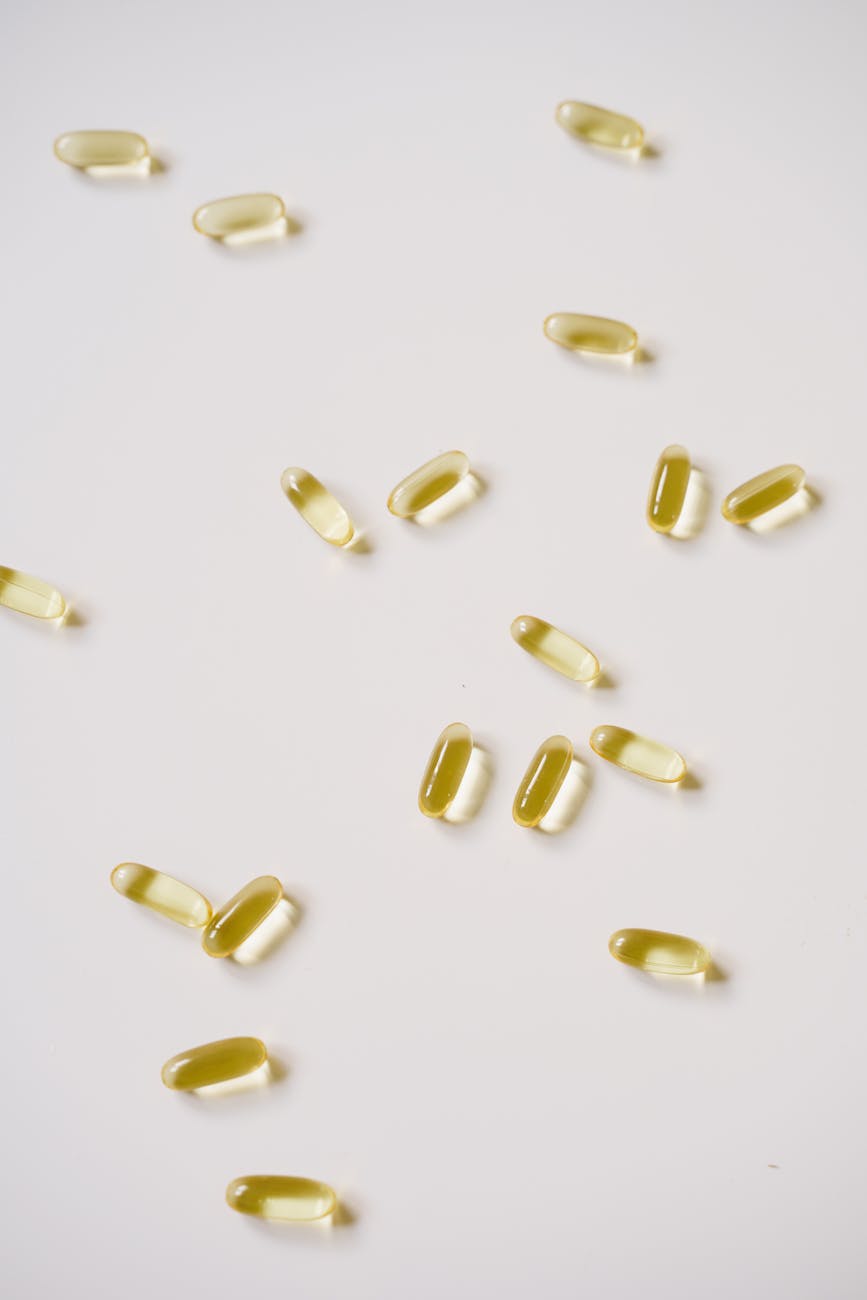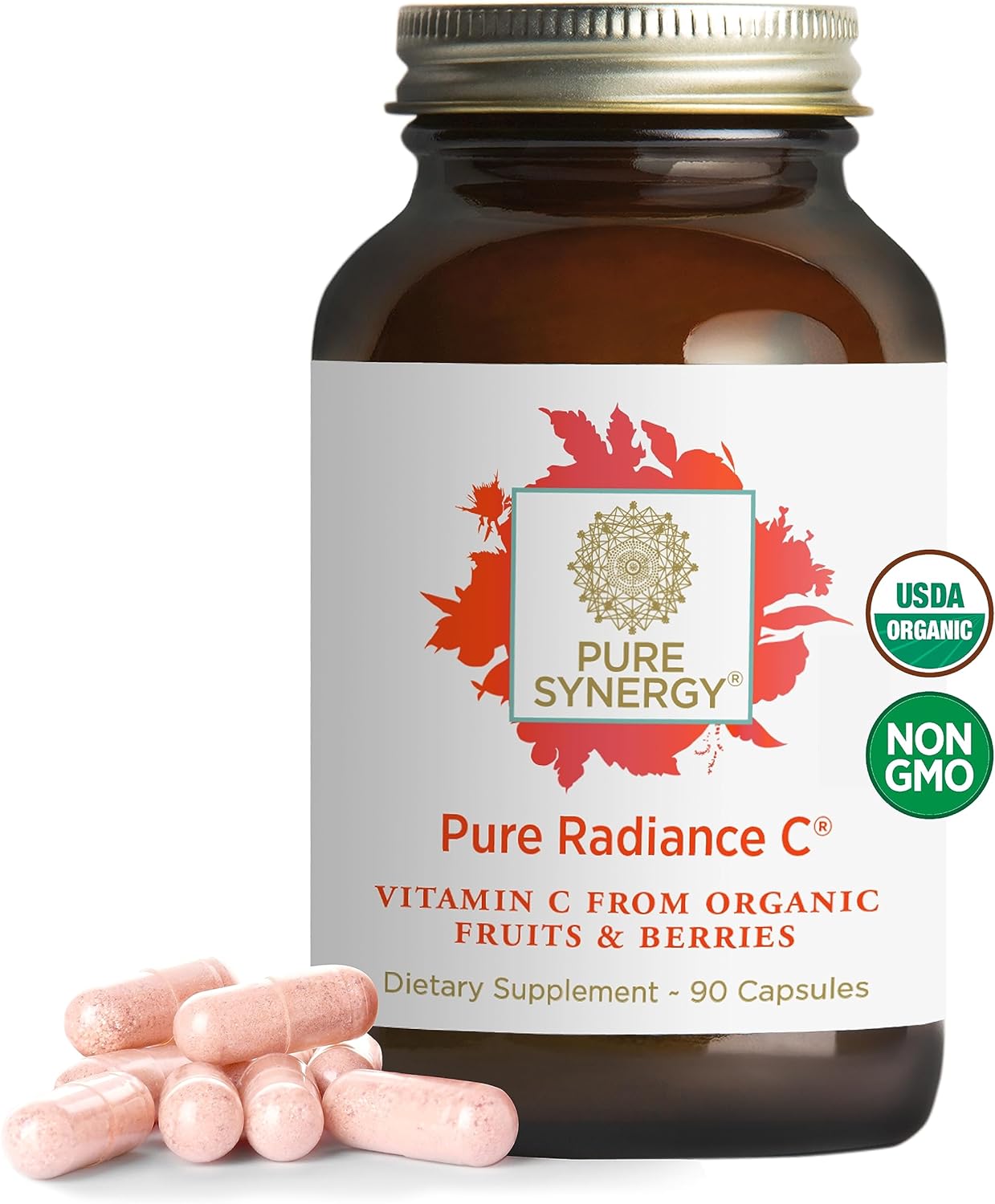The concept of harnessing the power of nature to boost our immune systems isn’t a new phenomenon. For centuries, people have turned to various herbs, spices, fruits, and vegetables, often in supplement form, to bolster their health and fend off disease. The thriving industry of natural immune system supplements has made it easier for consumers to access these valuable resources. This article will explore the benefits of these supplements and why they represent a positive step in preventive healthcare.
Firstly, natural immune system supplements typically contain a mix of vitamins, minerals, and herbs known for their immunity-boosting properties. For instance, Vitamin C, Zinc, and Echinacea are standard ingredients due to their ability to stimulate white blood cell production, increase antimicrobial activity, and lessen the symptoms of common colds and flu, respectively. With these ingredients jam-packed into one supplement, users get a comprehensive immunity boost, which might be challenging to achieve through diet alone.
Secondly, these supplements come from natural sources, meaning they usually contain fewer artificial additives compared to synthetic supplements, limiting the chances of potentially harmful side effects. For example, while synthetic Vitamin C supplements often lead to digestion problems, those derived from natural sources like Rose Hips tend to be gentler on the stomach.
An overlooked advantage of natural immune system supplements relates to their impact on the gut microbiome. Many immunity supplements like Probiotics and Colostrum contain beneficial bacteria or encourage their growth. These bacteria can help balance the gut microbiome, which plays a crucial role in immunity. According to several studies, balanced gut flora can effectively ward off pathogenic organisms and strengthen the body’s overall immune response.
Furthermore, natural immune supplements often boast antioxidant properties. Antioxidants help neutralize harmful free radicals in the body that can cause inflammation and cellular damage, potentially leading to chronic diseases like cancer and heart disease. Consuming supplements rich in antioxidants such as Elderberry or Turmeric can help protect the body and bolster immunity.
Another major benefit presented by natural immune system supplements is their adaptogenic properties. Some natural supplements like Astragalus and Reishi mushrooms are adaptogens, meaning they can help the body adapt to stress. Stress can severely lower immune function and make us more susceptible to illness. By helping the body manage stress better, these supplements can indirectly boost immune health.
Additionally, some of these supplements contain immunomodulating properties—they regulate and optimize immune response rather than indiscriminately boosting it. This attribute is crucial, as an overactive immune system can lead to autoimmune disorders.
To fully benefit from natural immune system supplements, quality is key. It’s crucial to rely on trusted supplement brands that prioritize purity, sustainability, and efficacy. A high-quality supplement will contain a therapeutic dose of the active ingredients without any harmful contaminants. It’s also important to note that supplements should not replace a healthy diet but rather support it. A balanced, nutrient-rich diet, regular exercise, and good sleep are foundational to good immune health.
People with underlying health conditions or those taking medication should consult with a healthcare professional before starting any supplement regimen. The overall safety and effectiveness of these supplements can vary, and while most people can use them without any problem, they may interact with certain medications or worsen some health conditions.
In conclusion, natural immune system supplements offer a holistic approach to immunity enhancement. They can help fill nutritional gaps, optimize body functions, and provide a preventative health measure. By understanding their benefits and using them correctly, consumers can better equip themselves in the fight against invading pathogens and diseases.
Discover more from NatureZen Market
Subscribe to get the latest posts sent to your email.











